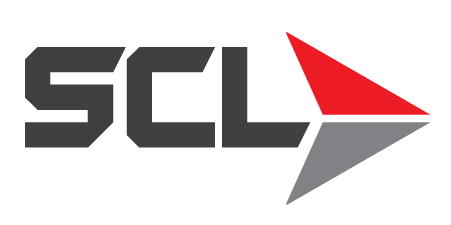Experts Predict DEF Price Increase, Adverse Impact on Transportation & Agriculture
SCL Recommends Customers Plan Now to Avoid Fallout from Fertilizer, DEF Shortages
DEF costs in late September jumped $0.15 – $0.20 gallon while prices for urea, the key ingredient in diesel exhaust fluid, have also simultaneously skyrocketed in recent weeks. Prices for DEF in Europe has jumped as well, a possible harbinger for what the future holds in the United States. With urea shortages continuing to plague global markets, at least one expert is predicting the outlook will get a lot worse before it gets better.
“Based on our knowledge of the market and what experts are predicting right now, our main concern lies with businesses that rely on DEF for their fleets, especially as we move into the fourth quarter. That’s traditionally the time of year when businesses try to make up ground, which will be difficult right now,” said SCL General Manager Travis Becktel. “With one DEF supplier predicting that prices could rise 35% as we move into late October, it’s not the news we want to deliver. Our customers are already being hit with high fuel prices, so we’re doing everything we can to prevent them from incurring any additional costs, and be prepared for whats to come.”
SCL is also recommending that fleets consider purchasing DEF at the pump whenever possible as per gallon savings can be 50% when compared to retail.
The forecasted increases impact the agriculture sector beyond the fleets that transport their products. Beyond on-site vehicles and long-haul transportation of products, fertilizer prices are impacted as well. Prices for urea, which encompasses about 32.5% of DEF and is a main ingredient in fertilizer, has been volatile for months.
What is causing the increase?
Like most of what’s happening in the market, increases are typically the result of a number of different factors. In addition to supply chain challenges that continue to impact virtually every industry sector, DEF is also at the mercy of West Coast port congestion. Among the all-time high of 56 cargo ships waiting off the coast of California, there’s little chance DEF and fertilizer are not impacted. According to World Integrated Trade Solution, an estimated $191 billion in oil and petroleum products are imported to the United States each year. Labor shortages and increasing costs are also adding to supply chain issues, as is a particularly detrimental hurricane season in the U.S. Gulf of Mexico.
COVID-related shutdowns throughout Asia and elsewhere also share the blame. Some of the largest urea and nitrogen processing plants in the world incurring recent shut downs certainly doesn’t help.
“The difficulties of 2020 have shown no signs of stopping in 2021, that much we know,” Becktel said. “At this point, our goal is to alleviate the burden our customers face and provide the information they need to be as proactive as possible. That means placing orders early and often – before price increases hit – buying in bulk whenever possible, incorporating premium products that allow for the optimization of service intervals, taking advantage of oil analysis – all services and practices that we will continue to encourage our customers to take advantage of. At this point it’s not about huge swaths of savings in one line item or another; it’s about minimizing costs over a number of different categories and saving where you can.”
Contact an SCL Consultant today
In a wide range of automotive, industrial and commercial sectors, SCL remains steadfast on its commitment to product and industry knowledge, performance satisfaction and superior logistics. We protect and optimize the machines that keep our country moving. For more information on how we help can help with services including bulk purchasing or managing inventory, contact an SCL expert today.

